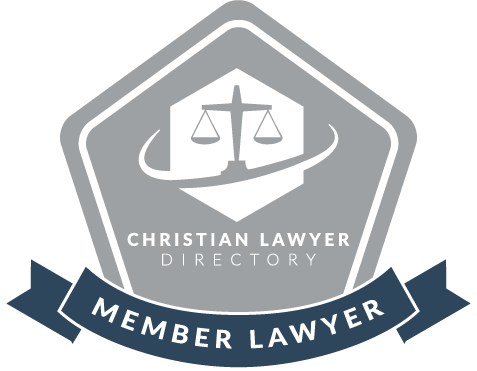If you have never filed suit over a personal injury before, you would be forgiven for assuming that any injury you suffer while on another person’s property would be the fault of that property owner in legal terms. However, the reality is that landowners in Pennsylvania are not automatically liable for every single accident on their land—sometimes, even if the accident stemmed directly and entirely from their own negligent management of their property.
Understanding what actually makes someone legally liable for a slip and fall injury can be key to understanding when you have valid grounds to sue after an accidental fall. With that in mind, here is a brief overview of how establishing liability in Philadelphia slip and fall claims typically works, as well as what a seasoned attorney can do to help you win your case.
What Duty of Care Do Landowners Owe to Visitors?
The first step to establishing liability during a Philadelphia slip and fall lawsuit is determining the duty of care the defendant landowner owed to the injured plaintiff who slipped and fell on their property. A duty of care in this context is a set of expectations placed either implicitly or explicitly on someone by state law that they are supposed to meet in order to prevent someone else from getting accidentally hurt. The nature of that duty for a landowner changes based on why a particular person is visiting their property.
Landowners typically owe no duty of care to illegal trespassers, other than to refrain from intentionally harming them by knowingly creating dangerous property conditions. If someone is visiting lawfully, the landowner has a duty to warn them about all known hazardous conditions and to fix those hazards reasonably soon after becoming aware of them. If someone is visiting lawfully and specifically for the landowner’s financial benefit, the landowner must inspect their property regularly to discover any potential hazards reasonably quickly after they manifest.
Collecting Evidence to Support a Slip and Fall Case
Of course, knowing what duty of care the landowner had is just the first step towards establishing liability in a Philadelphia slip and fall case. The next steps are to show that:
- A specific breach of that duty directly led to a slip and fall accident occurring
- The accident in question was the main cause of the injuries and losses for which compensation is being sought
Accomplishing this can require comprehensive evidence from multiple sources, often including things like:
- Medical records from doctors who treated the plaintiff’s slip and fall injuries
- Testimony from witnesses to the accident
- Surveillance camera footage of the accident and/or the area where it happened, if available
- Photos/videos of the accident scene
- Preserved clothing and footwear that the plaintiff was wearing when they fell
This part of the legal process in particular is where support from seasoned legal counsel can prove all but essential to achieving a positive case result.
A Philadelphia Attorney Can Help With Establishing Liability in a Slip and Fall Claim
It is worth reiterating that everything mentioned above is a very basic summary of how establishing liability in Philadelphia slip and fall claims works. In practice, cases like this can be very difficult to pursue effectively, not just in legal terms but in emotional terms as well—especially if settlement talks or civil court proceedings drag on for months.
Put simply, having help from a knowledgeable lawyer will be key to proving fault for your injury, recovering fair compensation for its effects, and avoiding procedural roadblocks every step of the way. Call today to schedule a free consultation with one of our experienced legal professionals.
 Free Consultation
Free Consultation











